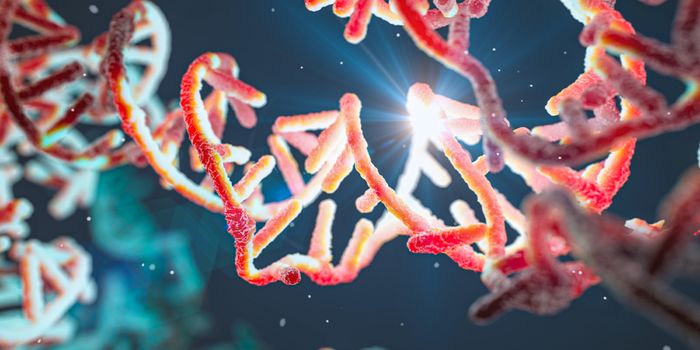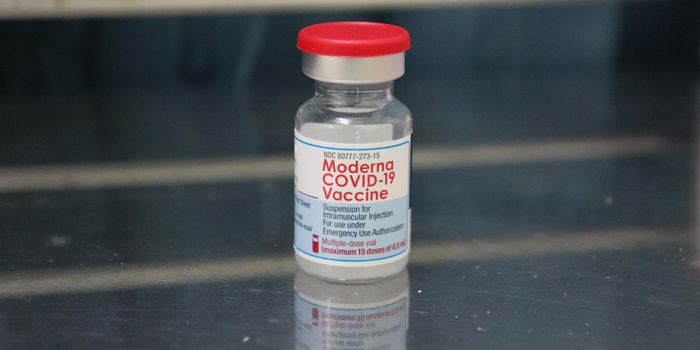Bacterium can Promote Chemoresistance
Scientists have identified a link between poor outcomes in colorectal cancer cases, and a type of bacteria called Fusobacterium nucleatum. When the researchers investigated further, they found that the bacterium can halt a type of cell death called apoptosis in cancer cells. Common types of chemotherapy use apoptosis to destroy cancer, so the bacterium is likely rendering the chemotherapy ineffective in some cases.
"We treat patients with chemotherapy so that it will ultimately induce tumor cell apoptosis. But some cancer cells have a way to avoid apoptosis that is induced by chemotherapy. Those cells escape from the apoptosis process by activating a cell-survival mechanism called autophagy. That mechanism protects cancer cells from destructing," said Weiping Zou, M.D., Ph.D., Professor of Surgery at Michigan Medicine.
This new work was led by Weiping Zou, M.D., Ph.D., at Michigan Medicine, and Jing-Yuan Fang, M.D., Ph.D., a Professor at Renji Hospital, Shanghai Jiao Tong University School of Medicine.
"Once autophagy is active, [cancer] becomes resistant to chemotherapy. Then Fusobacterium nucleatum keeps autophagy turned on; that's how the tumor cells may be able to avoid the induced apoptosis," explained Zou. "Typically, autophagy can be turned on or off. However, the bacterium prevents the expression of two microRNAs so that autophagy doesn't turn off. The loss of these microRNAs keeps the autophagy turned in the 'on' position," Zou continued.
This study builds on previous work by this team. They’ve already demonstrated that adaptive immunity has an inverse association with resistance to cisplatin - a chemotherapy drug used to treat ovarian cancer. In studying how a type of immune cell, T cells, affect chemoresistance, they showed that when you have good T cell-mediated immunity, cancer cells have a higher sensitivity to chemotherapeutics.
New work, reported in Cell (see the graphical abstract below), assesses how innate immune signaling mediated by a bacterium impacts resistance to chemotherapy in colon cancer. Our innate immune system is our first line of defense against pathogens. Its arsenal includes a variety of cells and biochemical cascades that protect us from foreign invaders like bacteria or tumors.
T cell signaling mediates adaptive immunity, while innate immunity is associated with proteins called Toll-like receptors. "We knew that the body uses both systems, adaptive and innate, to fight cancer and infectious pathogens. That gave us the inspiration to look further at [a] bacterium associated with innate immune signaling. The results of the research were a surprise. We did not expect [a] bacterium to contribute to chemoresistance," said Zou.
When it comes to the F. Nucleate, many questions remain. It’s not known what would happen if the bacterium levels were reduced or disrupted. It’s also not known if other bacteria have similar characteristics.
"Right now, we don't have a specific approach to selectively treat or control Fusobacterium nucleatum. Also, we don't know if an abundance of this bacterium is found in any other types of cancer chemoresistance," noted Zou. "Still, based on our studies, we think that if we deal with this bacterium, we may be able to delay and prevent chemoresistance in colorectal cancer."
Learn more about colorectal cancer from the video.
Sources: AAAS/Eurekalert! Via Michigan Medicine, Cell











